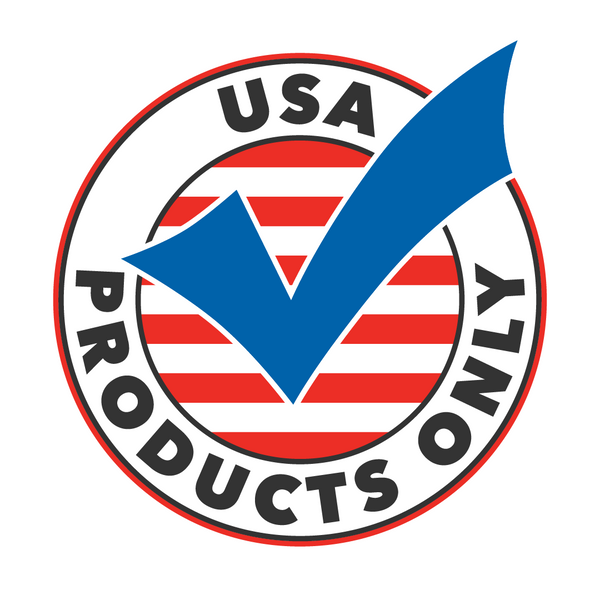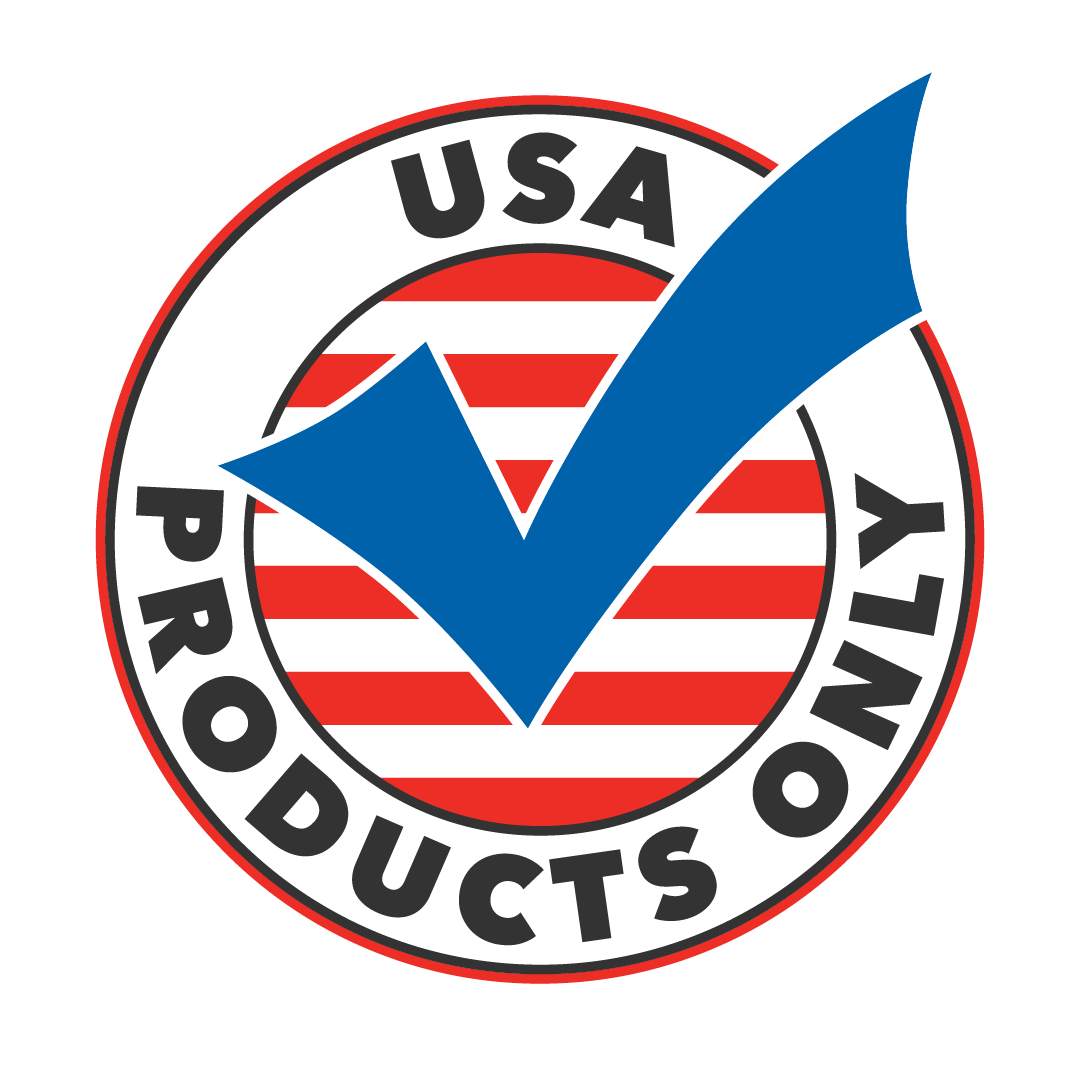To shake up America’s trade relationships, President Donald Trump has declared this coming Wednesday as “Liberation Day", according to an AP article. The name refers to a sweeping new set of tariffs he’s introducing—measures that he says will free the U.S. economy from its overreliance on foreign goods and level the playing field for American businesses.
The tariffs will be applied to products coming from several countries including China, South Korea, and even allies like the European Union. Trump’s team says these are “reciprocal tariffs”—meaning if another country taxes American exports at a high rate, the U.S. will now do the same to their imports.
In Trump’s words, these tariffs are part of his broader vision to “restore American independence in manufacturing and trade.”
For decades, critics of globalization have argued that cheap imports—especially from China—have gutted American industries, sent jobs overseas, and left the country vulnerable. Many working-class communities, particularly in the Midwest and South, have seen factories close and small businesses struggle.
Trump says the U.S. has been “taken advantage of” for too long, and it’s time to “bring jobs back home.” Supporters believe these tariffs could give American manufacturers the breathing room they need to grow and compete again.
Like any major policy change, the new tariffs will have both supporters and critics.
-
Pros: U.S. factories and small businesses that have been hurt by cheap foreign competition could see a boost. Some economists believe these changes will encourage more investment in American-made goods.
-
Cons: Critics warn that prices for some goods—like electronics, vehicles, and everyday consumer items—might go up in the short term. However, supporters argue that’s a small price to pay for rebuilding national strength and self-reliance.
Some economists are sounding alarms, predicting that tariffs could slow down the economy or spark trade wars. But others say these warnings are exaggerated.
“We’ve been addicted to cheap imports for too long,” one economist told AP News. “These tariffs might sting at first, but they could help the U.S. stand tall again in the global economy.”
Whether you love or hate tariffs, one thing is clear—Liberation Day marks a major turning point in how the U.S. approaches global trade. And for many Americans tired of seeing their towns hollowed out and their industries shipped abroad, it may feel like the long-awaited start of something new.







